Connect with us
Published
2 years agoon
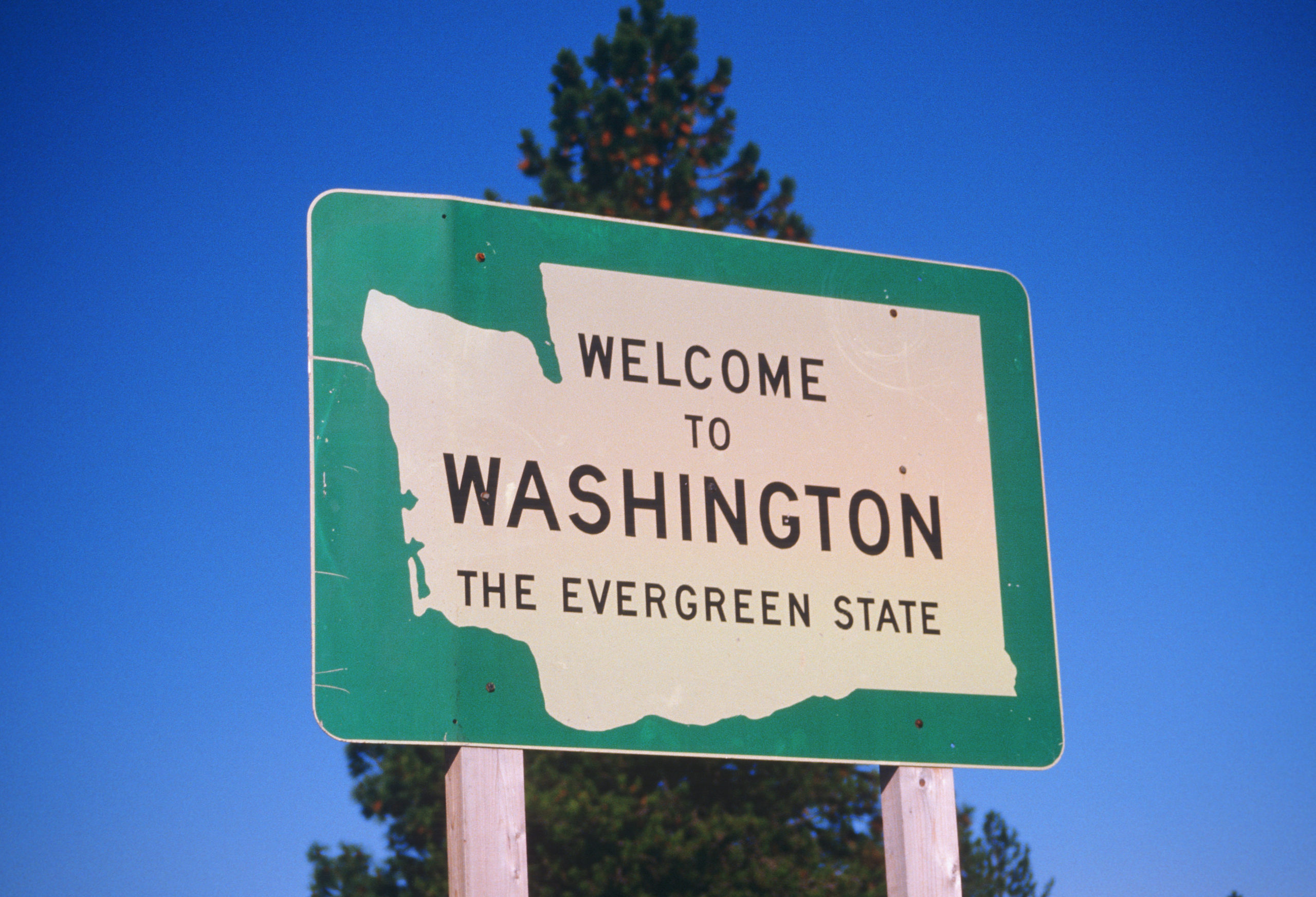
Three adjoining Touchet, Washington farms saw approximately 13,000 pounds of cannabis, valued at around $3 million, destroyed this week after they were accused of growing more than they were allowed by Washington state law, according to the Union Bulletin.
The state Liquor and Cannabis Board stood by to watch as tubs and bundles of cannabis that had been ready for harvest were dumped into holes in the ground and mixed with dirt, to render them useless to the commercial growers.
Evergreen Nirvana and Black Diamond Cannabis were licensed with the state to grow 30,000 square feet of cannabis canopy, and Green Volcano was licensed for 10,000 square feet of canopy. They were each notified by the Washington Liquor and Cannabis Board (LCB) that they were growing significantly more than their allotted space.
Each farm is located on neighboring sites at the end of a dirt road near Touchet.
The owners of the farms, however, argue they are being penalized suddenly and unfairly by regulators as a response to complaints made by competitors in the legal industry.
“I didn’t think it was funny, but (an LCB agent) joked: ‘You’re just doing too good,’” said Mark Hoffer, who is a partial owner of the three farms. “And that’s why someone turned us in.”
Walla Walla County banned all recreational cannabis farms in 2014, and the three farms are the only cannabis producers in the county. These growers had already established their operations as legal land before the county adopted the new rules. Prior to June 2016, the county ban covered recreational cannabis production, processing and sale but not medical cannabis.
The farms previously argued they were a medical cannabis operation and have been able to build up their operations since, according to Craig VanZandt, a part owner of Black Diamond Cannabis. He said they were sent a letter from the LCB informing them around half of the crop would be destroyed in the coming weeks.
Michael Rothwell, an attorney representing the growers, says the growers did not believe they had broken regulations. He says this is because the actual canopy of their plants, which are grown outdoors, is under the 30,000 square foot limit, with the remaining land being empty space between plants.
Indoor growers can squeeze a lot of plants into a tight space with grow lamps, while outdoor operations must make the most use of the sunlight, Hoffer said, adding that, if the empty space between plants is considered part of the production area, then it would seriously impact all outdoor growers.
VanZandt said many outdoor cannabis farms operate under the same conditions, spacing out plants to maximize sunlight. He also notes that LCB surveyed the farms in each of the last four years and had determined the operations were not in breach of regulations.
The state’s definition of “plant canopy” limits the square footage dedicated to live plant production—including space for maintaining mother plants, propagating plants from seed and the flowering plants—though some areas on site are explicitly excluded from the calculation, like areas for fertilizers and pesticides, office spaces and other non-growing spaces.
“As you can see, the list of exceptions is not exhaustive and, therefore, does not exclude the space between plants where no plants are grown,” Rothwell said in an email.
Rothwell and the growers added that they believe the LCB has recently changed the interpretation of the rules regarding production space and that change caused the sudden enforcement.
“Black Diamond and Evergreen were not given any warning of this new change in interpretation of canopy space,” Rothwell wrote in an email. “No enforcement bulletin was ever released and the LCB is choosing to take this harsh action at harvest time!”
He draws the comparison to someone paying their taxes the same way and suddenly, the same IRS agent who always audits that person suddenly saying what they are doing is illegal and asking them to forfeit income.
LCB representatives disputed the claim, saying their interpretation of plant canopy regulations hasn’t shifted recently.
“Our best understanding is that they’ve been operating in a non-compliant fashion this entire time and it was a lack of understanding of the officer that previously looked at it,” said Captain Jeremy Wissing, who oversees cannabis production with the LCB for east Washington.
The agency does say they have increased enforcement efforts this year to crack down on farmers growing cannabis on a larger footprint than allowed, with Wissing saying they are taking a more “active approach” to addressing planty canopy, based on frustration from industry associations.
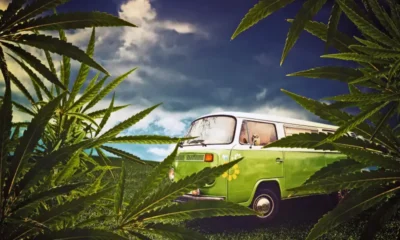

No Increase in DUI Among Young Adults After Pot Legalization in Washington


Berner To Join Cast of The Freak Brothers
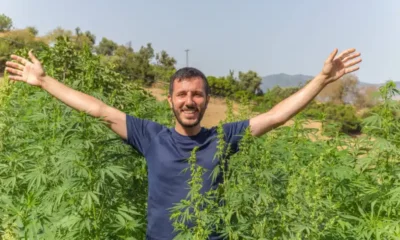

Moroccan Farmers Urging Government To Legalize Cannabis


Study: Researchers Present Benefits of Entourage Effect
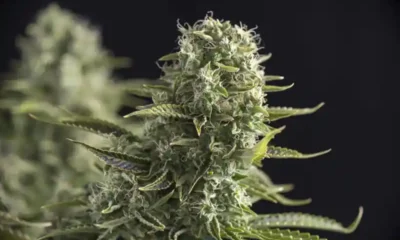

Anti-Pot Org Claims DEA Administrator Was Not Included in Rescheduling Decision
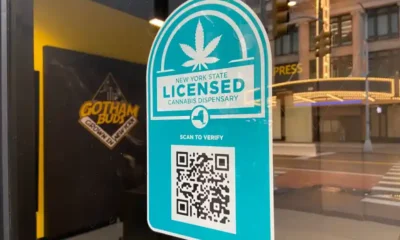

Some NY Lawmakers Say Illicit Pot Shops Must Close Before Adding Licensed Shops
